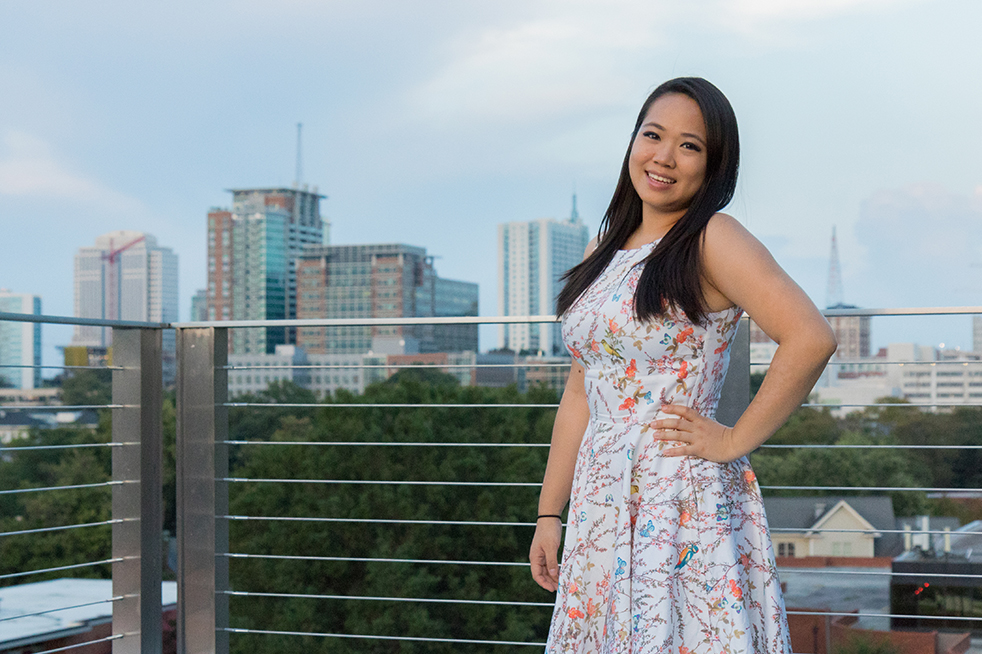When someone asks where I am from, I reply with a practiced, canned answer: I hail from New Jersey. Born in New York City. Parents are from Taiwan. This may seem like an oddly specific way to reply this question, but for me, it circumvents the inevitable inquiry that follows: “So, where are you really from?”
From a young age, I have grappled to define myself between two cultures, that of my parents and the one that was thrust upon me at birth — never fully fitting in one box or the other. My grade school lunch was a perfect symbolization of my cultural mix: a peanut butter and jelly sandwich with a dessert of Pocky and a can of Apple Sidra.
I was standout in my elementary and middle school, not due my unique lunches but being one a handful of non-white students in a school district dominated by Caucasians whose families have been in the country for generations. To my grade school classmates, I was an Asian Leopold Bloom, belonging to two nations, one of which underlined an outsider status.
The flip side was no different. When returning to “the motherland” for visits, my sister and I encounter the branding of “vi go lang,” Taiwanese for American, wherever we go by strangers on the street and relatives alike. To them, by our sense of style, ideas and preferred language, we were undoubtedly American.
These statements were in some ways more accurate. I am, in fact, an American, born and bred in spite of my parent’s efforts to connect us with our Taiwanese roots with speaking Mandarin at home and attending Chinese school for 12 years. I studied Mark Twain in lieu of Li Bai, mastered the ideas of the Constitution and what it stand for, and was constantly preached the American Dream of if you work hard enough, you can do anything.
In an interview with Vulture on the Taiwan-based episodes of “Fresh off the Boat,” a show that constantly addresses this disconnect, showrunner Nahnatchka Khan noted, “When you are something-American, like Persian-American, Latin American, Asian-American, you are American,” she says. “Otherwise you’re just Asian or Persian. That idea that you go back and everything falls into place is a fantasy — your experience of living in America changes you.”
So, why aren’t Asian-Americans like me perceived as just Americans in the eyes of our fellow Americans? We grow up speaking English. We watch the same television shows. We take the same classes and are taught the same ideals. Is it impossible to divorce the ideas of who we may look like and who we actually are? Even if that’s the case, why isn’t how we look accepted as also American.
There is an equal number of Italian-Americans and Asian-Americans in the U.S., so why are they hailed as being entirely American while the Asian-Americans are perceived as foreign? As New York Times editor Michael Luo pointed out in his piece “An Open Letter to the Woman Who Told My Family to Go Back to China,” we have to say that we are born in this U.S. as proof that we belong.
That ambiguity is further muddled when pieces like Jesse Watters’ Fox News piece on Chinatown reduces people into a punchline with gross stereotypes that Asians in America, can’t speak English well, ignorant of American issues and only care about karate (which isn’t even Chinese, the group he was trying to target in his segment.) We are not the submissive model minority that Bill O’Reilly and his team are trying to mis-characterize us as.
Like many Asian-Americans and other children of immigrants, I have been culturally trapped in the middle. I’m not just Taiwanese, but I am not just American either. I’m really that hyphen in the middle trying to bridge the two ideas. We include the “-American” because ultimately, we are Americans.
